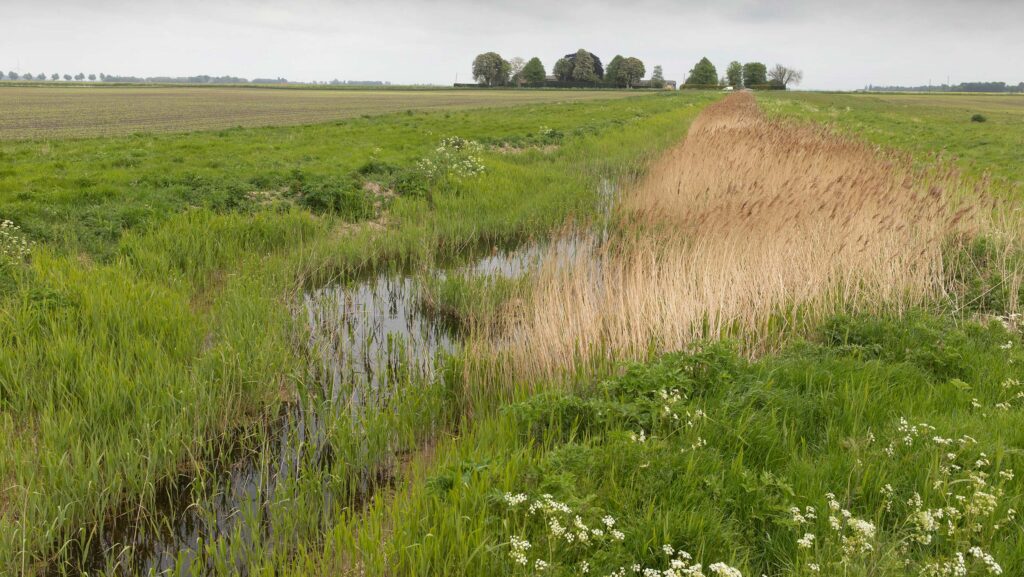CS Higher Tier uncertainty piles pressure on farmers
 © Tim Scrivener
© Tim Scrivener Hundreds of England’s most environmentally committed farmers face mounting uncertainty as 430 Countryside Stewardship Higher Tier (CSHT) agreements are set to expire by 31 December 2025 – and only a proportion will be offered new agreements.
Defra has offered a one-year extension for more than 5,000 Countryside Stewardship Mid Tier agreements, citing it as a “strategic” intervention.
But there has been no such blanket assurance for Higher Tier, which supports some of the most sensitive and valuable land in the country.
See also: Defra grants one-year CS lifeline for 5,000 farmers
Natural England, which administers the scheme, is offering some existing agreement holders the chance to apply for new five-, 10- or even 20-year CSHT agreements.
Most affected farmers should have already been contacted, though others are still waiting.
Pre-application advice will be made available.
The updated scheme will include measures to improve water quality, reduce flood risk, support biodiversity and enhance climate resilience.
It also offers new agroforestry options, more flexible payments and a simplified application process.
However, this controlled rollout is by invitation only in 2025-26, raising concerns that some of the most active conservation farmers may fall through the cracks.
Funding ‘cliff edge’
Many affected farmers have been involved in agri-environment schemes for more than two decades and now face a potential funding “cliff edge”.
One industry source warned: “The short-term sticking plaster approach to agri-environment policy risks driving long-standing participants away.
“Without urgent clarity and long-term certainty, Defra risks losing the very farmers who have delivered the greatest environmental benefits.”
Compounding the pressure, the Sustainable Farming Incentive (SFI) – seen by some as an alternative pathway – remains closed to new applicants until at least spring 2026.
About 6,000 Higher Tier agreements are also due to expire in 2028, raising questions over whether the Rural Payments Agency’s IT systems can handle the volume.
Call for clarity
Martin Lines, chief executive of the Nature Friendly Farming Network, said: “Farmers with Higher Tier agreements have been delivering huge public benefits for decades.
“We urgently need clarity and a clear plan for every farmer with an agreement coming to an end, so they can continue delivering for nature alongside food production without facing a funding cliff edge.
“These are the ‘crown jewels’ of our agri-environment schemes.
“It risks setting back years of environmental progress at a time when we should be building confidence in the transition to the new schemes.”
Defra said it is making the “largest investment in nature-friendly farming in history”, and has launched a “controlled rollout” of the new Higher Tier scheme.
